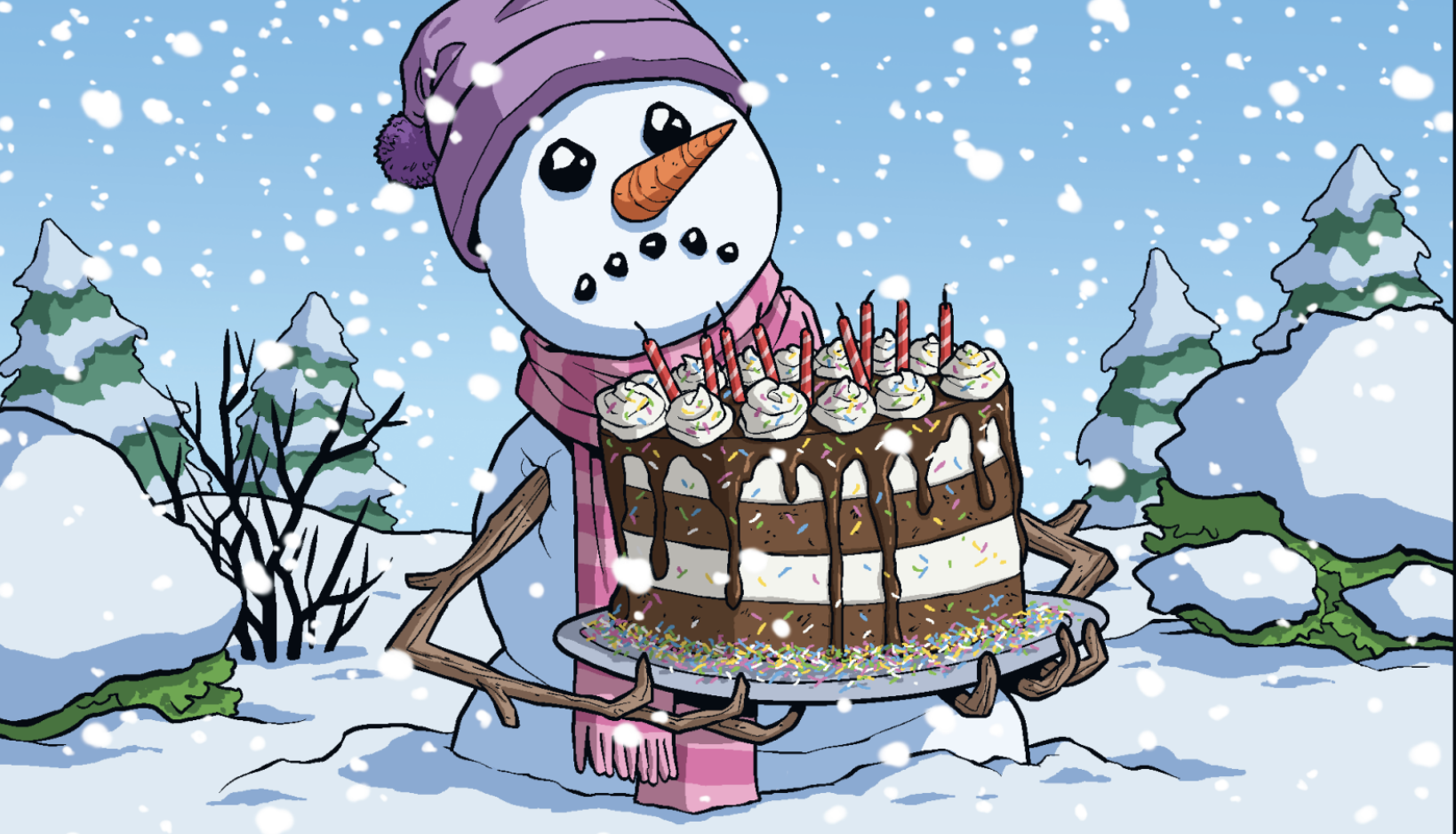Here’s a quick exercise to understand yourself better:
Try to remember life as you lived it years ago. Back then, you cared deeply about certain things:
Little Debbie Snack Cakes. The Ramones. That girl in algebra class. Your pet raccoon.
Those are some of my deep concerns from the past. You can imagine your own.
You were also oblivious to things that would one day become critical to your existence:
Standing against tyranny. Your ability to hit a 70-yard approach shot. Parenting.
Think back on that early version of yourself. Now ask yourself:
Does that early version of you feel like you, or does it feel like an entirely different person?
If you have the former feelings — that earlier version of you is still very much you — you’re probably a Continuer.
If you have the latter feeling — that earlier version of you is someone very different than yourself — you’re probably a Divider.
A “Divider” believes they change over time and seeks to change themselves as they age.
A “Continuer” believes they remain the same essential person throughout life.
This idea was first proposed by Jonathan Rothman in a 2022 New Yorker piece, “Becoming You.”
I am very much a Continuer. The person I was at ages 8, 15, 22, and 37 feels like exactly the same person I am today. I may be wiser and better informed than I once was, but otherwise, childhood Matt is the same person as adult Matt.
According to Rothman, those who believe you continue to be who you are — regardless of what happens during your life — tend to see their lives as constituting a story.
This makes a lot of sense to me. I very much see the things that happened in Mrs. Shultz’s sixth-grade algebra class as informing the person I am today, and my experiences in that algebra class and the moment I am experiencing now — as I type these words — are deeply connected.
In many ways, I see sixth-grade algebra class as having happened just a few moments ago.
I wonder if people who remember their past as well as I do tend to be Continuers because the past is always so present in our minds.
“Dividers” believe they develop different personality traits from those they had as children. Not only do Dividers believe they are periodically changing, but they often seek to change themselves as they get older.
Dividers tell the story of purchasing new homes or renovating their own — altering the layout and building on additions.
Continuers, by contrast, tell the story of an ancient, venerable property that remains itself regardless of what gets built or changed.
Rothman explains that as different as these two views sound, they have much in common. These categories, among other things, help us in our self-development.
By committing to a life of change, a Divider might constantly be looking for their next pivot or role. They are relentlessly refreshing their life with new and potentially wondrous things.
By concentrating on persistence of character and a lifelong narrative, a Continuer might be nurturing and refining their best self — constantly examining and seeking to understand who they are and then adapting how they interact with the world.
I’m amazed that Dividers even exist. I can’t imagine what it might feel like to look back on the version of you decades ago and see a different person, detached from the one you are now.
It’s probably quite liberating to look back on the stupidities and cruelties of your past and chalk them up to a person different from yourself. Rather than dragging your failures, embarrassments, and shame around on your back, I imagine that Dividers get to put those things down and leave them behind, feeling like a new and better person.
Again, maybe much of this is attributed to memory. It’s easier to leave things behind when you don’t remember them well (or at all), and it’s easier to see yourself as someone different from the person you were two decades ago when that time only exists in your mind as a gauzy haze.
I’m not sure if I would prefer the mindset of a Divider, but it sounds lovely.









